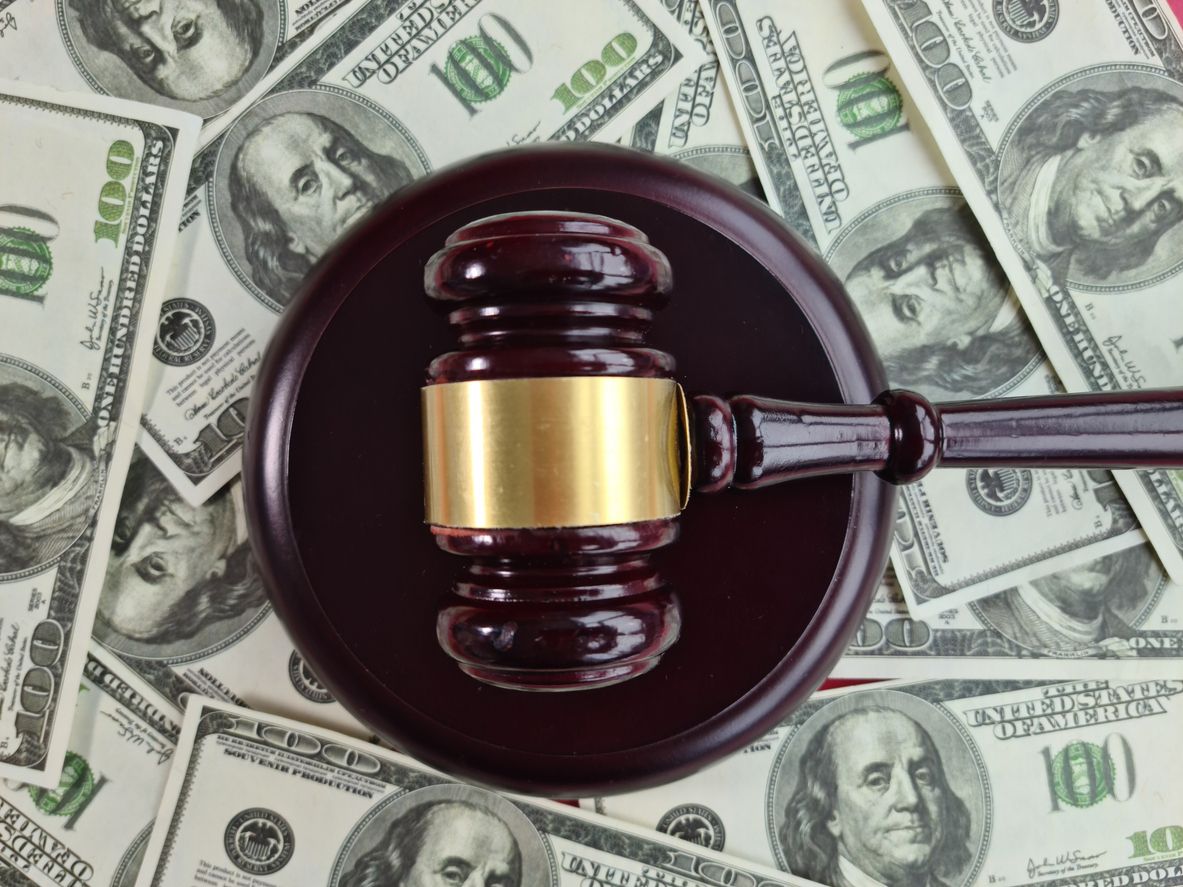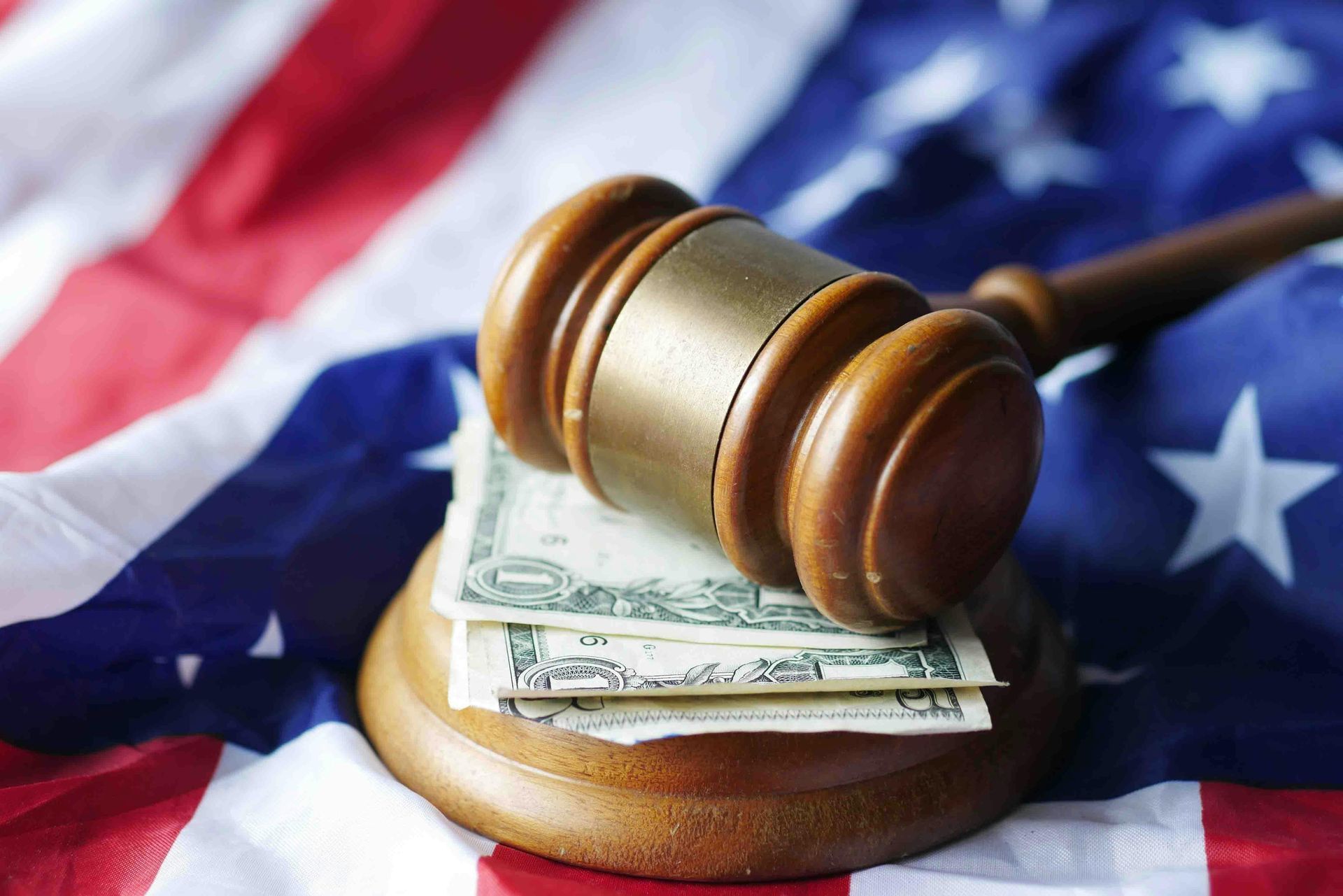How to Qualify for Chapter 7 Bankruptcy in New Jersey
Understanding Chapter 7 Bankruptcy in New Jersey
Chapter 7 bankruptcy is a powerful legal tool that allows individuals to eliminate most unsecured debts, such as credit card balances, medical bills, and personal loans. For many New Jersey residents facing overwhelming financial pressure, Chapter 7 offers a fresh start. However, not everyone qualifies. Understanding the requirements is the first step toward determining whether this path is right for you.
At the Law Office of J. Marc Montijo, Ltd., we help individuals understand and navigate the complexities of bankruptcy—even though our main office is located in Tucson, we are dedicated to providing helpful information for consumers everywhere.
Who Qualifies for Chapter 7 Bankruptcy?
To be eligible for Chapter 7 in New Jersey, you must meet specific federal and state criteria. Here are the key requirements:
1. Pass the Means Test
The most important qualification is the means test, which determines whether your income is low enough to file for Chapter 7. The test compares your average monthly income over the past six months to the median income for a household of your size in New Jersey.
- If your income is below the state median, you automatically qualify.
- If your income is above, additional calculations of expenses and debts are necessary to see if you still qualify.
As of 2025, the median income figures for New Jersey households are updated periodically, so working with an attorney is essential to evaluate your current standing.
2. Credit Counseling Requirement
You must complete a credit counseling course from an approved provider within 180 days before filing. This course can usually be done online and takes about 60 to 90 minutes.
3. No Prior Recent Bankruptcy Discharges
You cannot have received a Chapter 7 discharge within the past 8 years or a Chapter 13 discharge within the past 6 years. These rules are in place to prevent abuse of the bankruptcy system.
4. No Recent Bankruptcy Dismissals
If you previously filed for bankruptcy and your case was dismissed for specific reasons (such as violating a court order), you may need to wait 180 days before refiling.
What Debts Can Be Discharged?
Chapter 7 bankruptcy wipes out many unsecured debts, including:
- Credit cards
- Medical bills
- Personal loans
- Certain older tax debts
However, it does not discharge:
- Student loans (in most cases)
- Child support or alimony
- Recent tax debts
- Court fines or criminal restitution
What Happens to Your Property?
New Jersey allows you to use federal or state exemptions to protect essential property, such as your home, car, clothing, and retirement accounts. Most Chapter 7 filers keep all or most of their property, but a trustee may liquidate non-exempt assets to pay creditors.
When to Consult an Attorney
Bankruptcy law is technical, and errors in filing can delay your case or result in the loss of assets. Working with a bankruptcy attorney ensures your eligibility is properly assessed and your rights are protected.
At the Law Office of J. Marc Montijo, Ltd., we understand the stress financial hardship brings and are committed to helping you find relief—even if you're reading from outside Tucson. Reach out today to explore your options and move toward financial freedom.










